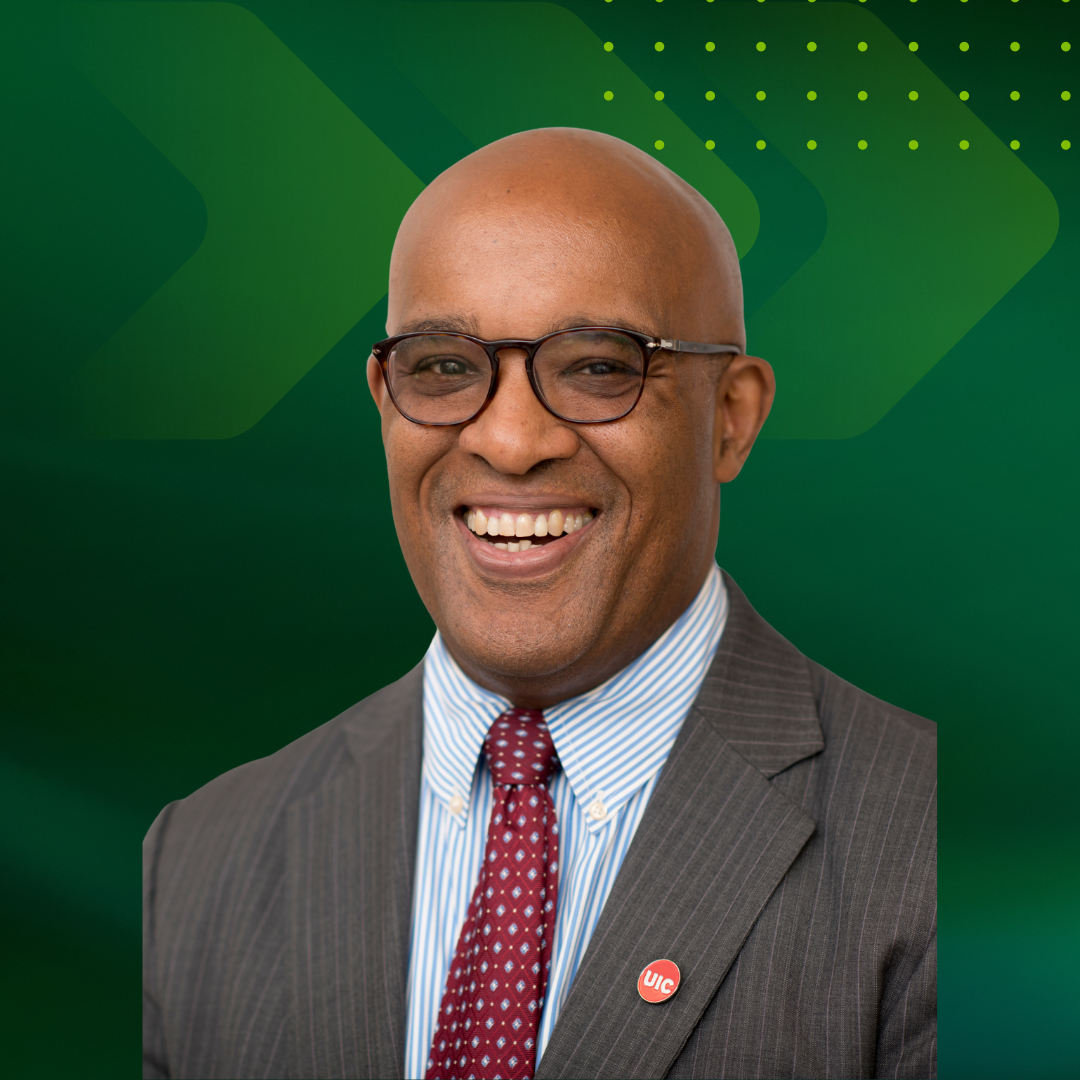 Each April, National Minority Health Month is observed to raise awareness about the health disparities and premature mortality faced by racial and ethnic minority groups. The conversations had during this month not only shine a light on the important work being done to improve the health and wellness of these groups but also helps shape the policies, systems, and environments that can reduce such disparities to create health equity.
Each April, National Minority Health Month is observed to raise awareness about the health disparities and premature mortality faced by racial and ethnic minority groups. The conversations had during this month not only shine a light on the important work being done to improve the health and wellness of these groups but also helps shape the policies, systems, and environments that can reduce such disparities to create health equity.
As the UAB Minority Health & Health Equity Research Center commemorates this year’s National Minority Health Month, we prepare for the 16th UAB Health Equity Research Symposium (HERS)—the first in person since 2019. Formerly known as the Health Disparities Research Symposium, HERS is a day-long event comprised of poster sessions, oral presentations, and a keynote speaker.
Attending as the 2023 guest of honor is Wayne Giles, M.D., M.S., Dean of the School of Public Health at the University of Illinois Chicago.
Before joining UIC, Giles spent 25 years at the Centers for Disease Control and Prevention (CDC), where he led the Division for Heart Disease and Stroke Prevention, the Division of Population Health, and the Division for Adult and Community Health—all within the National Center for Chronic Disease Prevention and Health Promotion.
Early in his career, Giles was working as an epidemiologist—looking at the racial disparities in a variety of projects, ranging from the incidence of stroke between those who are Black and White to the importance of having data by racial and ethnic subgroups.
At the same time, the CDC was funding a community demonstration project called Racial Ethnic Approaches to Community Outreach (REACH). This grant targeted 40 communities across the country to do intervention work. Of the selected areas, the UAB Minority Health & Health Equity Research Center was chosen to implement in Birmingham.
“UAB was one of the early REACH sites. This project showed me that when academic institutions, community-based organizations, and state or local health departments come together to lead coalitions, you can provide opportunities for communities to achieve optimal health,” said Giles.
In his keynote address, Giles will reinforce the importance of engaging with the community to achieve health equity. Additionally, Giles will highlight national data that points to vital successes in health equity, especially in how they relate to Black and White differences in adults over 65. Keeping to the theme of National Minority Health Month, Giles will also explore the future challenges we face, particularly concerning premature mortality.
“As a teenager, I knew I was interested in health. I had a thirst for science and biology and understood the body and how it works,” recalled Giles. “But when I was 18, my mother passed away at the age of 44. At the time, I thought what happened to my mom was unique. It wasn’t until later that I learned her story was all too common for people in Black and Brown communities.”
For Giles, this sparked a focus on health equity.
Having studied and worked in Birmingham, Alabama; Baltimore, Maryland; St. Louis, Missouri; Atlanta, Georgia; and Africa, Giles reflected on the commonalities he has carried throughout his career. He said, “All public health is local.”
“I think many things have evolved, but understanding the value and importance of hyperlocal data to motivate community members and groups to action has remained throughout. Another important aspect is using a community-engaged approach,” added Giles.
As more resources become available to study and achieve health equity, there are opportunities to address the structural factors that have caused such disparities. The UAB Health Equity Research Symposium allows researchers, community members, and enthusiasts to be part of the conversation.
“We’re not going to let things continue as they are,” stated Giles. “This is an important call to action to embrace equity and allow everyone to live for their optimum health.”
Register for the UAB Health Equity Research Symposium and hear Giles’ keynote address on achieving health equity.